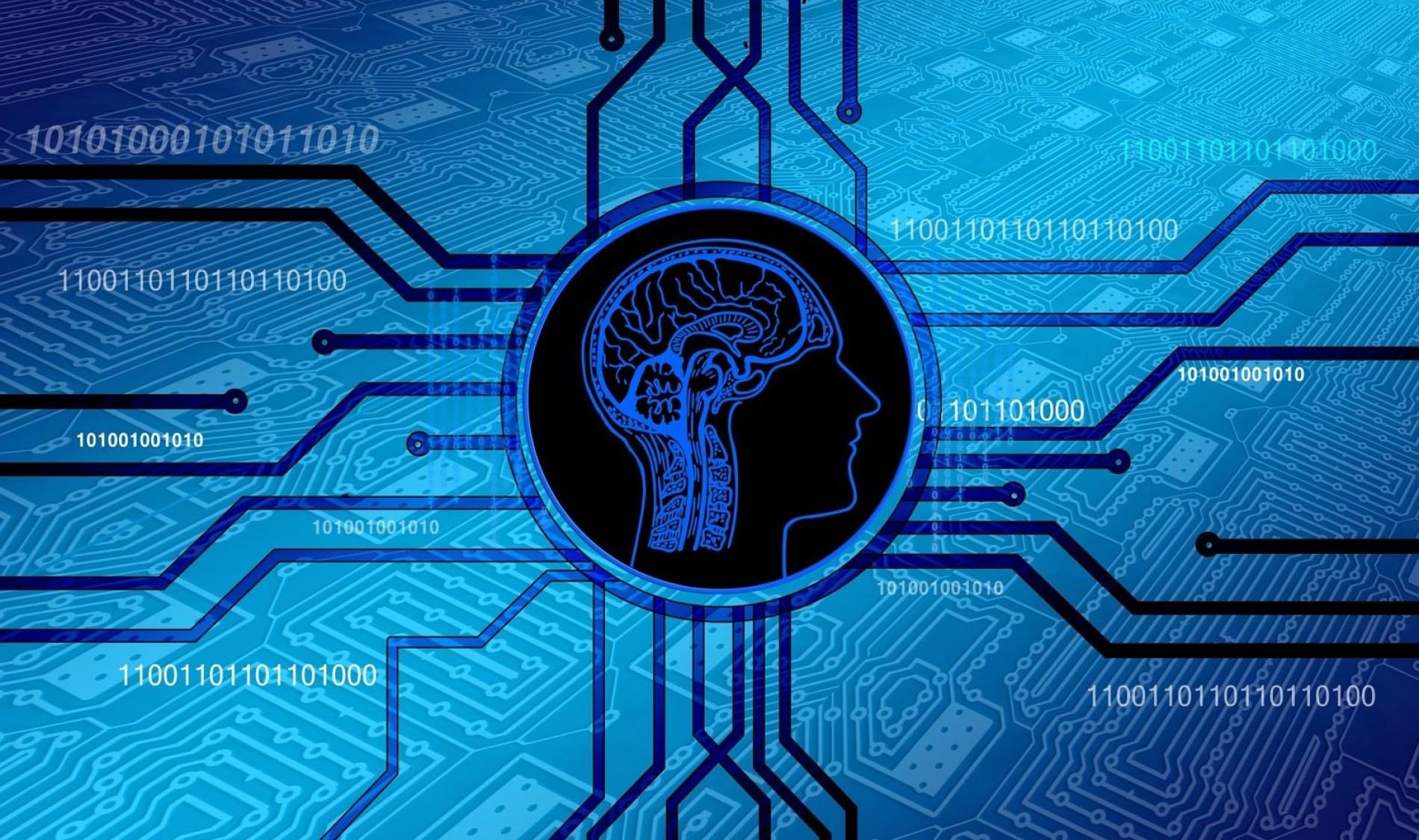-
-


-
By Multiple Authors keyboard_arrow_down 09 Aug, 2019
-



Authors: Anita Gurumurthy and Deepti Bharthur
This article first appeared in Open Global Rights on September 27, 2018. The views are of the individual authors.
The digital paradigm with its arsenal of technologies promises to solve the most pressing social and economic challenges of our time. Breakthroughs in technologies such as Artificial Intelligence, the Internet of Things, block chain, and other developments are being heralded as possible solutions for a diverse range of problems. Yet technology-based decision-making also raises important questions on how the right to development will be realized in this new digital paradigm.
The right to development declaration outlines development as “a comprehensive economic, social, cultural and political process, which aims at the constant improvement of the well-being of the entire population on the basis of their active, free and meaningful participation in development and in the fair distribution of benefits resulting therefrom.”
But the development discourse today, inextricably situated within the political economy of data—where a North-led paradigm of “datafication” functions as a key mode of value generation and economic restructuring—bears little resemblance to this inclusive articulation. Instead, the discourse has become increasingly technical, and the idea of big data for sustainable development seems to raise more questions than it provides answers.
Read the full article here.